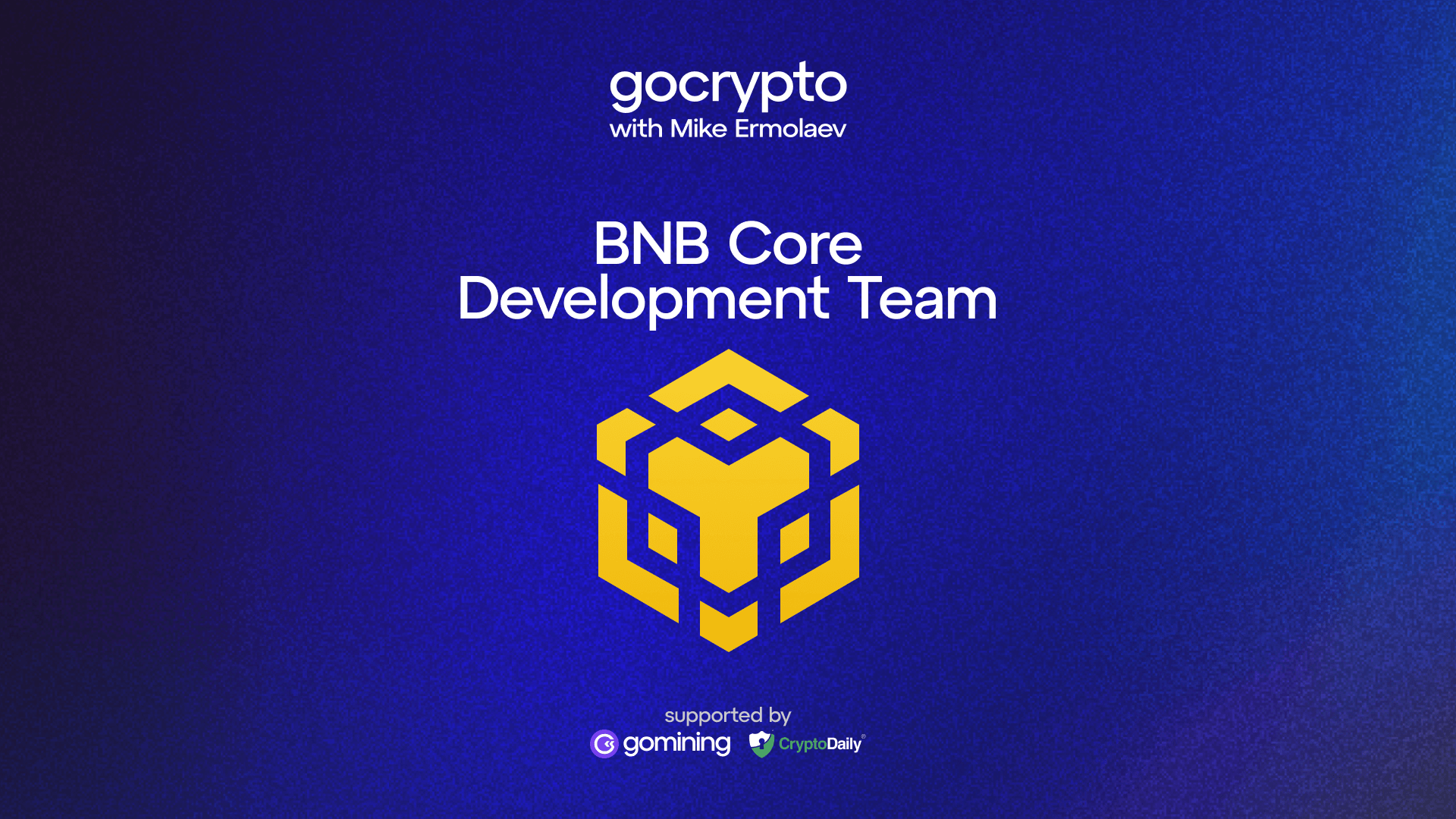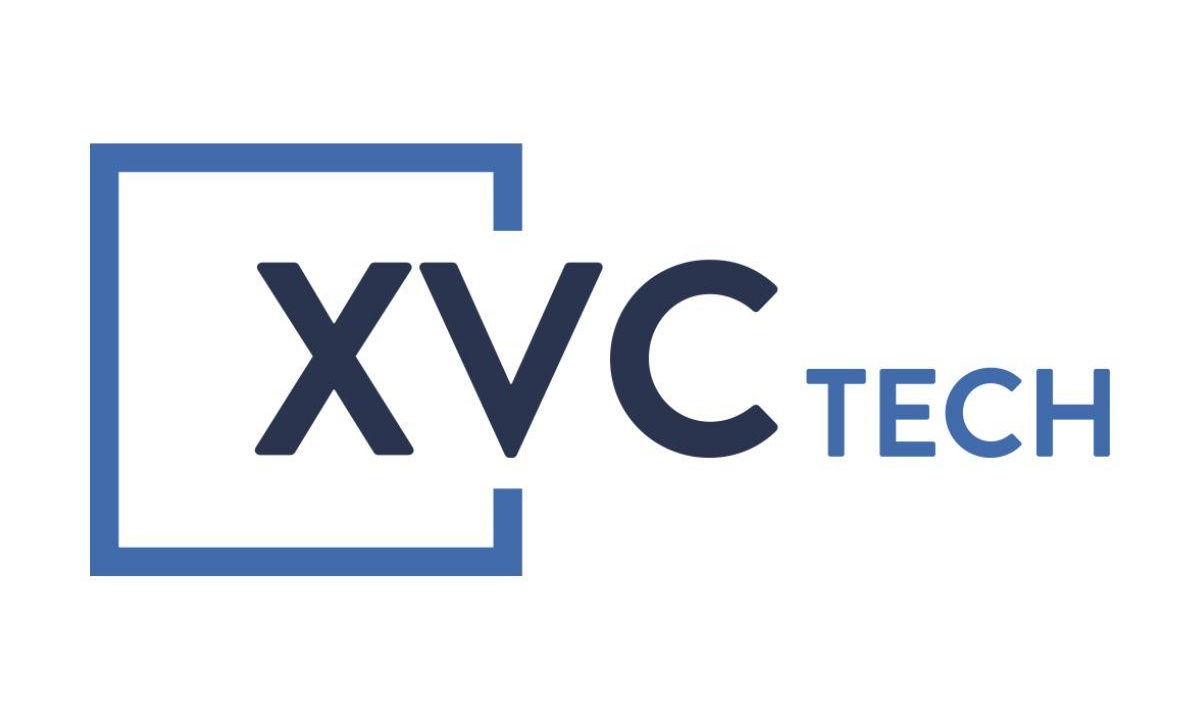Published
5 years ago on
August 03, 2018
“If something wants to be treated as money, you have to be able to spend, save and calculate with it. However, things are not often bought with crypto currencies, it is to volatile for savings and its value is expressed in real money, so we do not consider it to be money as such.”See more for yourself, here. Because DNB believe that cryptocurrency is not a viable asset for spending, saving or for making accurate calculations, it cannot be considered as a real currency. Thankfully though, this isn’t as bad as it sounds. Normally when a central bank comes out with these statements, they push to move to outright ban type regulations (much like we are seeing in India at the moment). Thankfully though, authorities in The Netherlands believe that the approach to cryptocurrency regulation within the country should be complemented regulation through the whole of Europe. Moreover, DNB are still keen on blockchain technology and admit to having a number of blockchain projects already in the works. According to Dutch News, Hielkema has referred to experiments when discussing blockchain technologies:
“We have been experimenting with the technology for the past three years and have developed four prototypes. The experiments have shown that the systems cannot yet be incorporated into the Dutch payment system but there are possibilities for in the future, with more innovation.”We know that within the general population of The Netherlands, cryptocurrencies are very popular, in fact a lot of crypto companies turn to The Netherlands for the hosting of events and conferences. The Netherlands are ahead of the game in many ways, and it looks as if blockchain will contribute to their future. Sadly though, I think we can say that cryptocurrency adoption within DNB registered banks may be off the cards, for now at least. Investment Disclaimer








